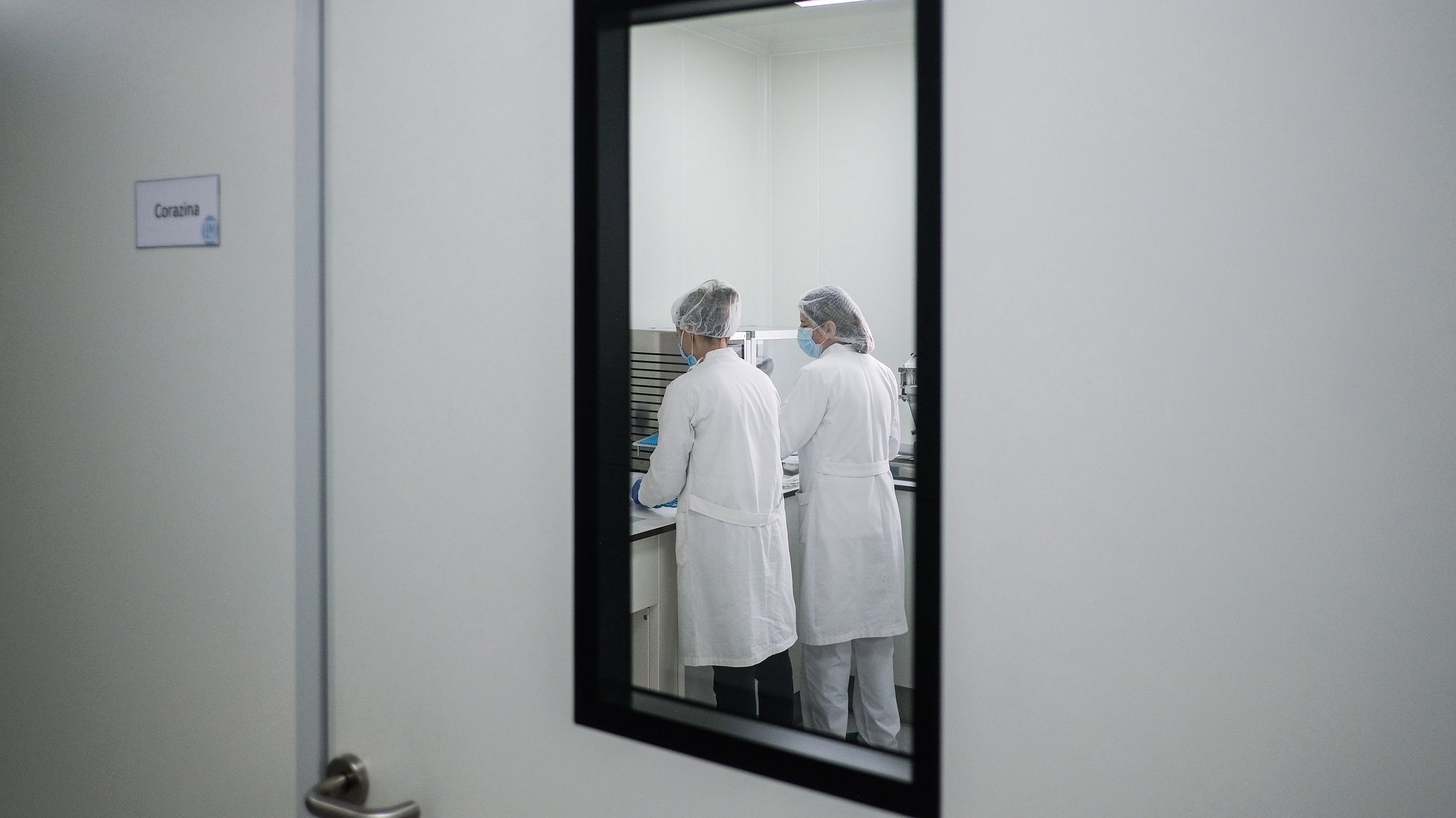Medical students consider medical training to be “repeatedly targeted by disinformation” by political decision makers, a situation they intend to combat with a campaign to raise awareness among the population in an “objective and neutral” manner.
According to the National Association of Medical Students (ANEM), this misinformation has been “easily spread and perpetuated by members of political bodies with decision-making power in Portugal.”
In his opinion, disinformation constitutes one of the “major obstacles to improving the quality of medical education and, therefore, improve the quality of healthcare in Portugal”.
For this reason, the ANEM launched a campaign on its social networks that aims to inform the population “reliably about the most relevant issues of medical training, objectively and neutrally.”
“Our priority at this time is to inform, because the more people know about the subject, the more political pressure there will be to choose paths that favor quality medical training,” the ANEM president told Lusa today.
Francisco Pêgo stressed that, “either due to true ignorance, or the intention to misinform to manipulate public opinion”, “political decision-makers repeatedly try to reach the media with simplistic perspectives on medical training”.
“That is what we want to demystify with this work”, which will clarify the Portuguese on the problem of vacancies in Medicine, the number of students per professor and its impact on the quality of teaching and on guaranteeing respect for the patient, the insufficient financing of faculties and working conditions in the SNS.
In order to improve medical training and have more specialists, the president of the ANEM defended that there should be “coherence” in the political decisions that are made, which should be aimed at increasing the number of vacancies for postgraduate training (internship of specialty).
“We have an undergraduate medical training [nos cursos de Medicina] and postgraduate medical training. If we want more specialist doctors, which is necessary to promote the provision of higher quality health care, then there have to be policy options to train more specialists”, she stressed.
Francisco Pêgo explained that in the last competition for access to specialized training there were 2,849 candidates and the number of vacancies available for postgraduate training was only 1,938, about 2/3 of the total number of candidates.
“Now, if we want to provide medical care in the specialty of Gynecology and Obstetrics or in any other specialty with more specialist doctors, we have to make a commitment that we want more people to enter the internship of the specialty“, which implies creating the necessary incentives to ensure their training.
But that will only happen if there is the possibility of retaining specialists in a service who may have tutors to train students at the boarding school, he stressed.
Francisco Pêgo observed that the vacancies for the Medicine career almost quadrupled in 25 years. Currently, Portugal stands out in the OECD reports for being a country that “greatly increased its number of vacancies without a corresponding increase in the training capacity of postgraduate training”.
Source: Observadora
